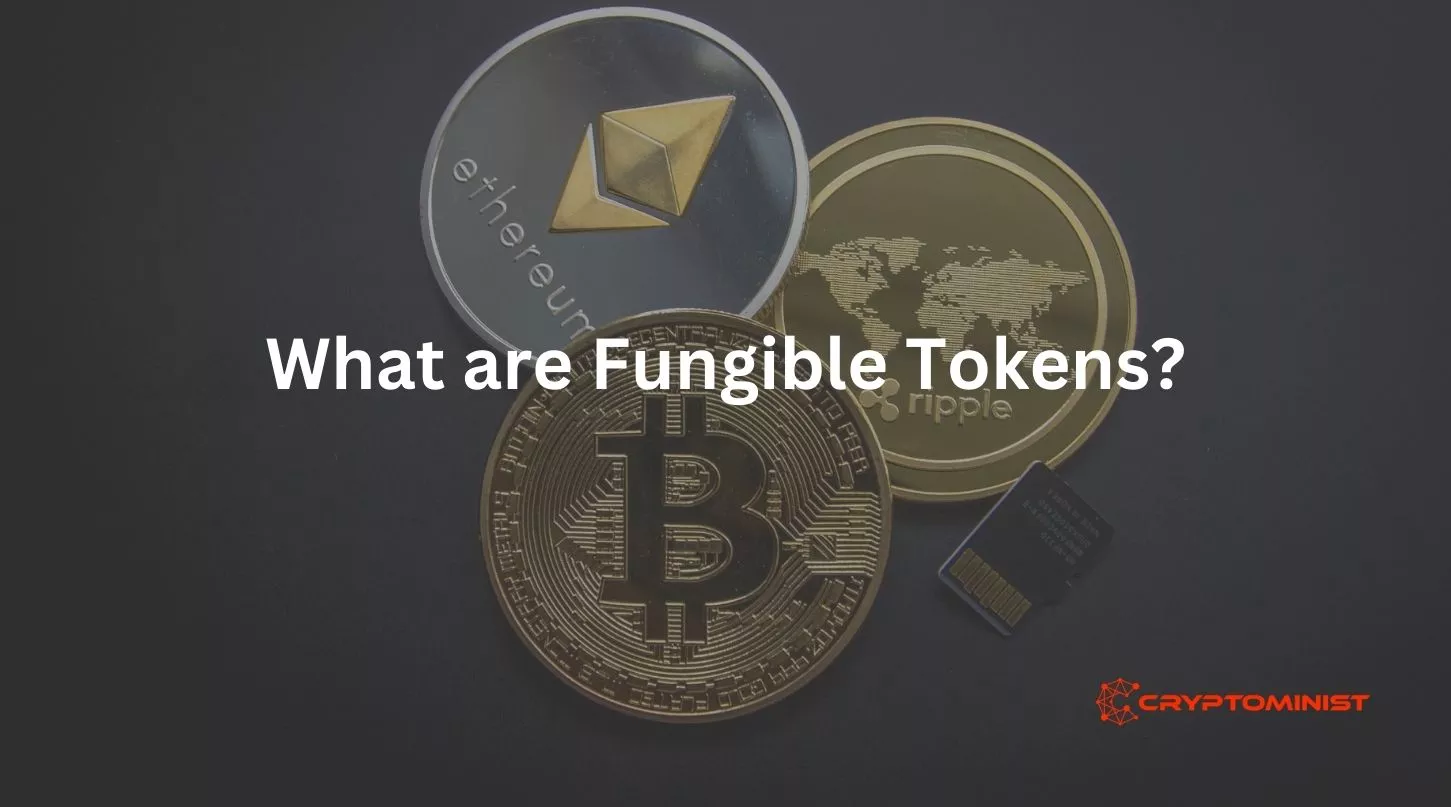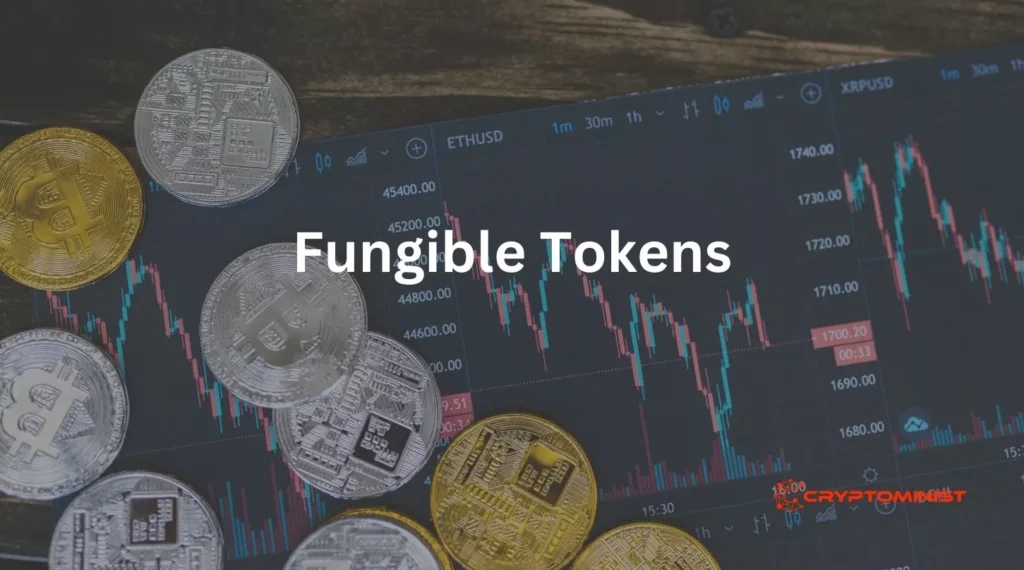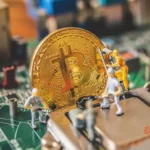In the world of cryptocurrency and blockchain technology, the concept of fungible tokens plays a central role. Fungibility is a fundamental characteristic that determines how certain assets, particularly cryptocurrencies, can be exchanged and used. In this article, we will explore what fungible tokens are, how they differ from non-fungible tokens (NFTs), and their significance in the digital economy.
What Are Fungible Tokens?

Fungible tokens are digital or cryptographic tokens that are mutually interchangeable on a one-to-one basis. In simpler terms, one unit of a fungible token is identical in value and function to any other unit of the same type. This means that if you have one fungible token, it can be exchanged for another of the same type without any difference in value. A classic example of a fungible token is Bitcoin (BTC).
Here are the key characteristics of fungible tokens:
- Interchangeability: Each unit of a fungible token is exchangeable for any other unit of the same token without any distinction. For example, one Bitcoin can be traded for another Bitcoin, and they hold the same value.
- Uniformity: Fungible tokens are uniform in nature. There are no unique attributes that differentiate one unit from another. This is in contrast to non-fungible tokens (NFTs), which are entirely unique.
- Divisibility: Fungible tokens are often divisible into smaller units. For instance, one Bitcoin can be divided into smaller fractions, such as a Satoshi, which represents a hundred millionth of a Bitcoin.
- Value Consistency: Fungible tokens maintain consistent value across the entire network. The value of one unit is the same as the value of any other unit, and this remains true regardless of how many units are in circulation.
How Fungible Tokens Differ from Non-Fungible Tokens (NFTs)
To better understand fungible tokens, it’s essential to distinguish them from non-fungible tokens (NFTs). NFTs are another type of digital asset, but they possess unique properties that set them apart from fungible tokens.
Fungible Tokens (FTs):
- Interchangeable: FTs are mutually interchangeable. One unit is equivalent in value and function to any other unit of the same type.
- Uniform: All units of FTs are uniform with no distinguishing characteristics. They are identical in every aspect.
- Divisible: FTs can often be divided into smaller units. For example, you can trade fractions of a Bitcoin.
- Consistent Value: The value of FTs remains consistent across the network. One unit is worth the same as any other unit of the same token.
Non-Fungible Tokens (NFTs):
- Unique: NFTs are entirely unique and distinguishable from each other. They often represent ownership of a specific item or piece of digital content, such as artwork or collectibles.
- Non-divisible: NFTs are not divisible. They cannot be broken down into smaller units. Each NFT is a whole unit.
- Varied Values: The value of NFTs can vary significantly. While some NFTs may be highly valuable, others might have minimal value.
- Ownership of Digital Assets: NFTs are used to represent ownership or provenance of digital assets, which can include digital art, music, virtual real estate, or in-game items.
The Significance of Fungible Tokens
Fungible tokens are essential in the world of cryptocurrency and blockchain technology for several reasons:
- Medium of Exchange: Fungible tokens like Bitcoin and Ethereum are widely used as a medium of exchange within the cryptocurrency ecosystem. They facilitate the buying and selling of goods and services in a decentralized and borderless manner.
- Store of Value: Many consider fungible tokens as a store of value, similar to digital gold. Investors and users hold these tokens to preserve their wealth and potentially benefit from price appreciation.
- Liquidity: Fungible tokens offer high liquidity. They can be easily traded on various cryptocurrency exchanges, making them readily convertible into other assets or fiat currencies.
- Smart Contracts: Fungible tokens are often integrated into smart contracts, enabling programmable and automated transactions. This is crucial for decentralized applications (DApps) and DeFi platforms.
- Stablecoins: Several stablecoins, which are essential in the cryptocurrency space, are fungible tokens. Stablecoins like USDC and USDT are designed to maintain a stable value and are commonly used for trading and as a safe haven during volatile market conditions.
- Financial Inclusion: Fungible tokens contribute to financial inclusion by providing access to the global financial system for individuals in regions with limited or no access to traditional banking services.
Conclusion
Fungible tokens are the workhorses of the cryptocurrency world, serving as the means of exchange, stores of value, and essential components of various blockchain applications. Understanding the concept of fungibility is crucial for anyone engaging with cryptocurrencies and the broader blockchain ecosystem.
If you like reading the above article, you may also like reading:
WHAT IS P2P CRYPTOCURRENCY TRADING?







